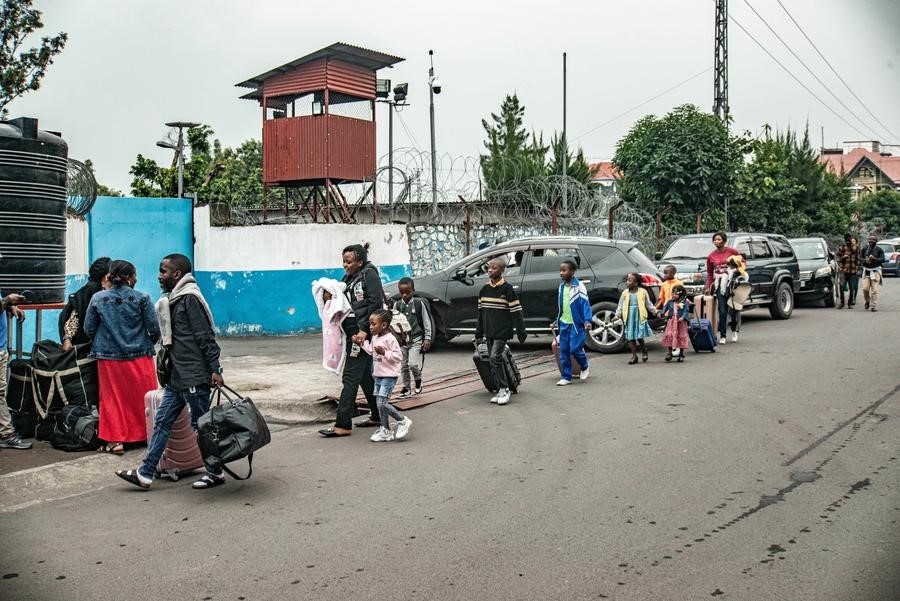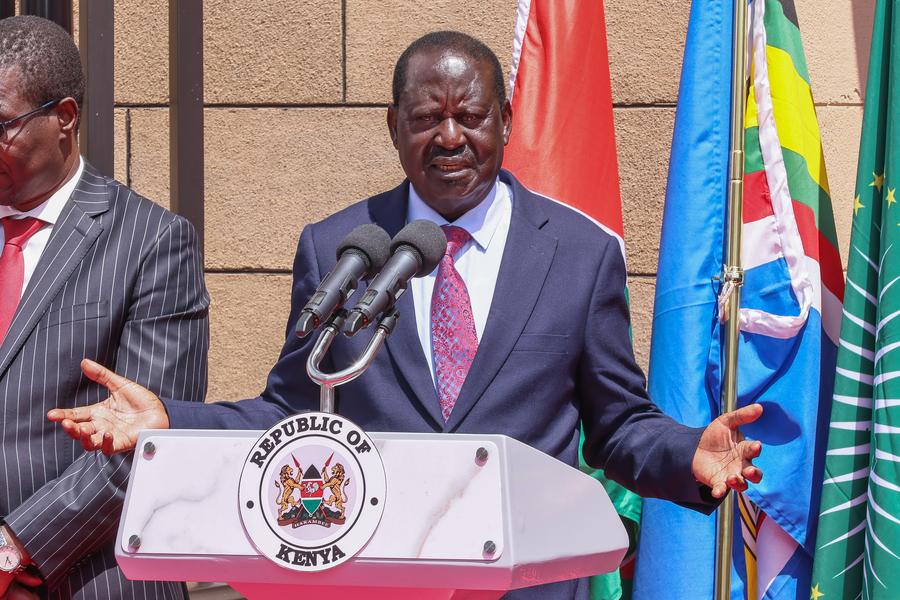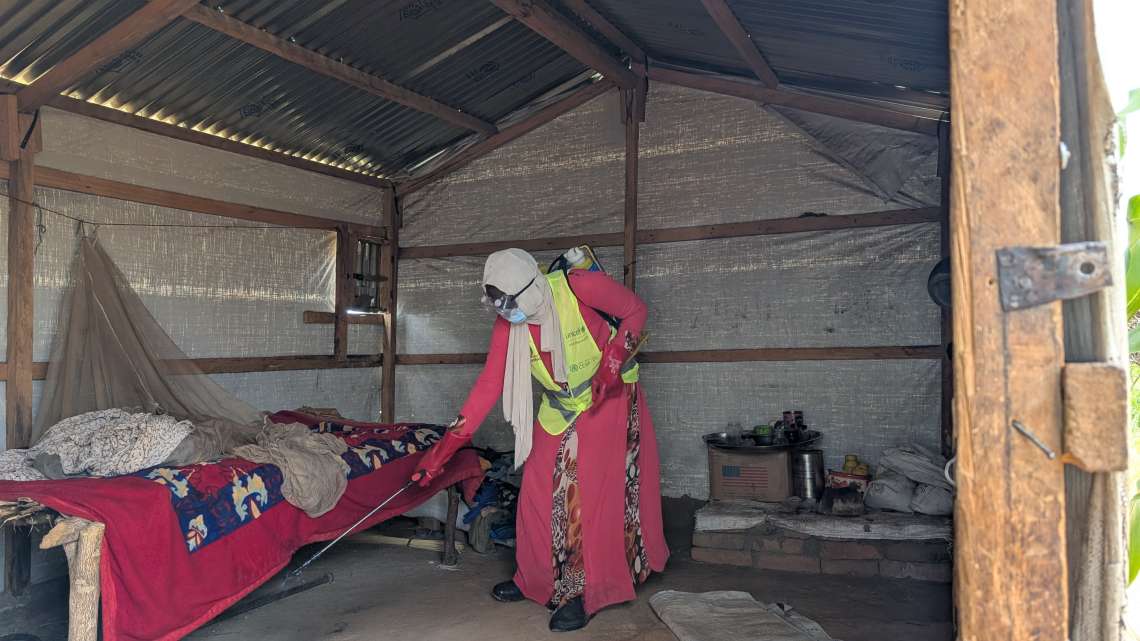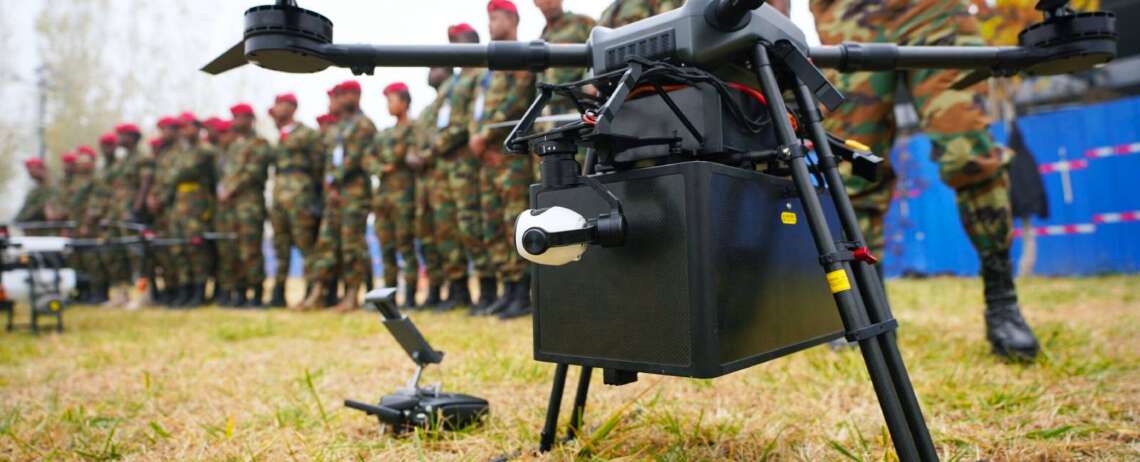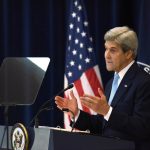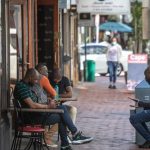The office of Angolan President Joao Lourenco released the death toll in a statement in the two days of violence and spread from the capital to at least six other provinces
Violence that erupted during protests this week in Angola sparked by the government’s decision to raise the price of fuel killed at least 22 people while more than 1,200 have been arrested, the president’s office said Wednesday.
The office of Angolan President Joao Lourenco released the death toll in a statement and said that 197 people were also injured in the two days of violence that began on Monday and spread from the capital, Luanda, to at least six other provinces in the southern African nation.
Authorities have often been accused of clamping down harshly on protests to silence dissent in Angola, an oil-rich nation on Africa’s Atlantic coast where the People’s Movement for the Liberation of Angola party has been in power for 50 years — since independence from Portugal in 1975.
Earlier this month, the government said it was removing subsidies on diesel and raising the price by more than 30%. That prompted minibus taxis, a common method of transport for Angolans, to hike their prices by as much as 50%.
Lourenco’s office said dozens of shops were looted and vehicles were damaged in rioting by people angry at the price of fuel and the rising cost of living. The army was deployed to restore order as the riots “triggered a climate of widespread insecurity,” the statement said.
It did not elaborate on how the people died. Protests against the price hikes in Angola first erupted two weeks ago, when Human Rights Watch accused the police of excessive force against what was a largely peaceful demonstration. Police unnecessarily fired tear gas and rubber bullets and assaulted protesters in those demonstrations, the rights group said.
n a statement released Wednesday, the Angolan presidency confirmed the death toll and stated that over 1,200 individuals had been detained. The unrest led to the destruction of 66 stores, 25 vehicles, and multiple warehouses. The government acknowledged the deployment of the army, describing the unrest as having created a “widespread climate of insecurity.”
Interior Minister Manuel Homem confirmed that one of the fatalities was a police officer. On Wednesday, President João Lourenço chaired an emergency cabinet meeting to assess the deteriorating security conditions and oversee the government’s response.
Despite a relative calm returning to the capital by midweek, Luanda remained tense. Public transportation resumed partially after a two-day halt, but many shops stayed shuttered. Long lines were seen outside a few open fuel stations and grocery stores, while security forces maintained a heavy presence in high-risk areas.
International watchdog Human Rights Watch condemned the government’s response, accusing security forces of using excessive force against demonstrators. According to the group, the protests were largely peaceful, yet met with tear gas, rubber bullets, and unprovoked physical assaults. This week’s crackdown mirrors similar events in 2023, when fuel price increases also sparked deadly protests.
Angola, a major oil producer on Africa’s Atlantic coast, has gradually removed fuel subsidies over the past two years as part of economic reforms. The government says the fuel subsidy amounted to 4% of GDP in 2024, straining public finances.
However, critics argue that the government’s reforms are divorced from the realities of daily life in a country plagued by inequality and soaring living costs. Opposition parties, including UNITA and the Democratic Bloc, issued a joint statement on Wednesday blaming the crisis on “out-of-touch policies” and calling the situation “a severe social and economic emergency.”
The ruling MPLA party, which has maintained power since independence in 1975, continues to face accusations of authoritarianism and suppressing dissent. Observers fear the recent wave of protests could signal deeper discontent brewing beneath Angola’s fragile economic recovery.
As pressure mounts domestically and internationally, all eyes are now on the Lourenço administration’s next steps — and whether it can balance fiscal reform with growing public frustration.
State-run media in Angola came under heavy criticism on social media for continuing with its regular programming and failing to cover the demonstrations. By Monday evening, the MPLA warned young people not to join the protests and said that these “acts of vandalism are deliberately intended to tarnish and hinder the joyful celebration” of Angola’s 50th anniversary of independence.
Local authorities in Luanda on Monday also issued a public statement expressing “deep concern” over the events, which they described as “disturbances and acts of vandalism associated with the forced halting of taxi services”. According to the statement, the strike originally announced by taxi organisations had been called off following negotiations with authorities.
However, it said, “groups of unidentified individuals, without any legitimate representation of the taxi sector, resumed the call for strike actions, promoting intimidation and violence, including attacks on vehicles circulating on public roads, even those not providing taxi services”. Much of these protests have been spontaneous in nature.
A major taxi association, Anata, has distanced itself from Monday’s violence but vowed to continue the three-day strike, saying “the voice of the taxi drivers reflects the outcry of the Angolan people”. As of Wednesday afternoon, major shops, banks and other businesses have remained closed. Some civil servants have returned to work, but many people who work for private companies have stayed at home on the advice of their employers.
Police warn they are patrolling the streets and will continue to “intervene where there are still disturbances” to “re-establish public order and peace”.


